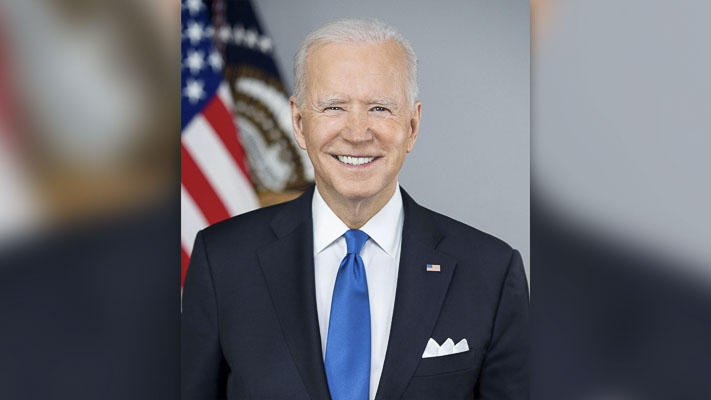
The group said that “costly legislative and executive actions” have worsened the debt to GDP ratio since CBO’s May estimate
Casey Harper
The Center Square
New budget estimates show that the growth of the national debt is worse than previously thought.
The U.S. Congressional Budget Office released projections in May that the national debt will hit 110% of U.S. Gross Domestic Product by 2032. Now, with interest rates higher and GDP growing more slowly, a leading budget group has released more dire projections.
The Committee for a Responsible Federal Budget raised the alarm, saying that the federal debt will be 116% of GDP in 2032 but could even reach as high as 138% of GDP in 10 years. The group said that “costly legislative and executive actions” have worsened the debt to GDP ratio since CBO’s May estimate.
“Under our updated baseline scenario, which incorporates these factors and also subtracts about $920 billion of borrowing for baseline adjustments related to the infrastructure bill, we find debt would reach a massive 116 percent of GDP by 2032,” the group said in its analysis.
The U.S. Federal Reserve has hiked interest rates to deal with soaring inflation, making all debt more costly, including that held by the federal government.
“Under a more pessimistic (and in many ways realistic) scenario, debt in 2032 would reach 138 percent of GDP, deficits would reach 10.1 percent, and interest would total 4.4 percent of GDP,” the group said. “These projections suggest an unsustainable fiscal trajectory”
The U.S. national debt surpassed $31 trillion last month after surpassing $30 trillion earlier this year. Lawmakers are reportedly mulling new tax breaks at the end of this year as well.
“We are asking lawmakers to take one small step towards fiscal responsibility and agree there should be no new borrowing for the remainder of 2022,” said Maya MacGuineas, president of the Committee for a Responsible Federal Budget. “There is not one single economic justification to borrow rather than pay for any new priorities … it will be good practice for politicians to break their addiction to debt.”
This story was first published by The Center Square.
Also read:
- Rep. John Ley supports C-TRAN Bus Rapid Transit to save Washington moneyRep. John Ley praised C-TRAN’s new BRT line as a faster, lower-cost alternative to light rail, urging support for transit options that save taxpayers money and improve service.
- C-TRAN, WSU Vancouver celebrates groundbreaking for The Vine on Highway 99C-TRAN and WSU Vancouver broke ground on the Vine’s Highway 99 route, a 9-mile bus rapid transit line connecting the university to downtown Vancouver and the Waterfront, set to open in 2027.
- Letter: The Charterist III — Concerning the powers of the Legislative BranchJohn Jay continues his Charterist series, arguing that Clark County’s legislative branch is structurally weak and lacks the resources to balance the executive, calling for reform in the next charter review.
- C-TRAN board again postpones vote on light rail operations and maintenance costsThe C-TRAN board again postponed a vote on language regarding operations and maintenance costs tied to light rail expansion, with pending lawsuits involving Michelle Belkot continuing to impact board actions.
- Opinion: ‘Today’s Democratic Party is not our father’s Democratic Party’Editor Ken Vance reflects on how today’s Democratic Party diverges from the values he associates with his father’s generation, citing issues like taxation, gender policies, and shifting ideology in Washington state politics.
- Opinion: ‘The Interstate Bridge project lacks billions in funding from both Oregon and Washington’Lars Larson criticizes Oregon’s funding decisions, highlighting the billions missing from both states for the Interstate Bridge replacement project and calling it a dead-end effort lacking Coast Guard approval.
- Court rules against Save Vancouver Streets A judge has ruled against Save Vancouver Streets in its legal effort to place a street-use initiative on the ballot. The group is considering whether to appeal.












Good idea. It’s been too long